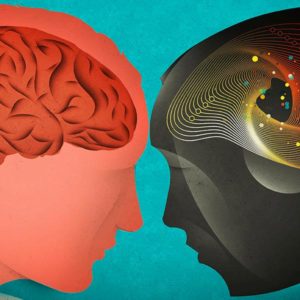
Panel Discussion: Can Morality Be Built into Computers?
Do we believe digital employees will become indistinguishable from human employees this decade? As democratization of AI leads to proliferation of such digital agents, how should we prepare for humans to continue to be in command? When questioning if morality can be built into computers, we must simultaneously ask: whose morality? Could there be a successful deep learning AI that answers moral dilemmas? Or is there reason to think that matters are different in the case of morality?



